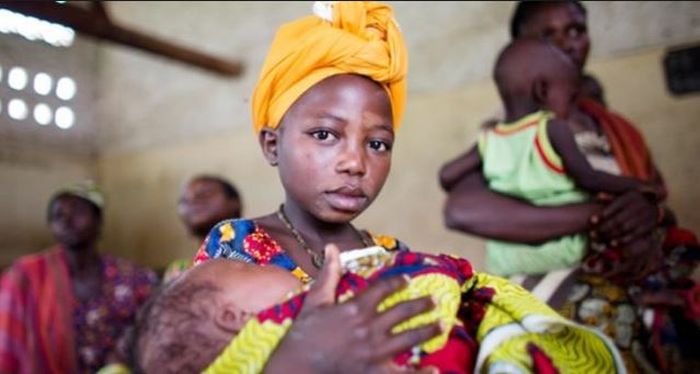In Nigeria, early marriages often thrust adolescent girls into roles of motherhood and household responsibilities before they are physically and emotionally ready. One significant health challenge these young brides face is anemia, a condition marked by a deficiency of red blood cells or hemoglobin. Biochemical research offers promising strategies to combat this issue, ensuring a healthier future for these girls.
The Biochemical Roots of Anemia in Adolescent Girls
Anemia in adolescent girls is often caused by nutritional deficiencies, particularly in iron, folic acid, and vitamin B12. These nutrients are crucial for the production of healthy red blood cells. Early marriage exacerbates the risk of anemia due to increased nutritional demands during pregnancy and lactation, coupled with limited access to nutrient-rich foods.
The Nigerian Context to Reducing Anemia in Nigerian Adolescent Girls in Early Marriages
In Nigeria, where early marriages are prevalent, the health of young brides is further compromised by socioeconomic challenges and limited access to healthcare. Understanding the biochemical basis of anemia can inform more effective interventions and support systems.
Unveiling the Mechanisms that causes Anemia in Adolescent Girls in Early Marriages
Research into the biochemical causes of anemia highlights several key factors:
- Iron Deficiency: Insufficient iron intake leads to decreased hemoglobin production, resulting in anemia.
- Folate Deficiency: Lack of folic acid impairs DNA synthesis, affecting the production of red blood cells.
- Vitamin B12 Deficiency: Vitamin B12 is essential for red blood cell formation, and its deficiency leads to megaloblastic anemia.
Bridging the Gap for Reducing Anemia in Nigerian Adolescent Girls in Early Marriages with Biochemical Interventions
Biochemical research provides several strategies to combat anemia in adolescent girls:
- Iron Supplementation: Providing iron supplements to young brides can significantly reduce the prevalence of iron-deficiency anemia.
- Fortified Foods: Introducing fortified foods that contain essential nutrients like folic acid and vitamin B12 can help improve overall nutritional status.
- Educational Programs: Educating young brides and their families about the importance of a balanced diet rich in iron and other essential nutrients can promote better health practices.
How to Work Towards a Healthier Future for Adolescents Thrust into Early Marriage
Addressing anemia in adolescent girls in early marriages requires a comprehensive approach:
- Healthcare Access: Improving access to prenatal and postnatal care can ensure that young brides receive the necessary supplements and support.
- Community Support: Establishing support groups and local health clinics can offer guidance and assistance to young brides.
- Policy Initiatives: Government policies that prioritize the health of adolescent girls and provide support for those in early marriages can make a significant difference.
By integrating biochemical research into healthcare strategies, we can reduce the prevalence of anemia and improve the health of young brides in Nigeria. This approach not only enhances individual well-being but also strengthens the fabric of society, fostering a healthier, more resilient future for all.
- Exploring the Neuroimaging of Infertility-Related Stress: A Nigerian Perspective - May 1, 2023
- The Silent Battle: Investigating the Biochemical Effects of Chronic Stress in Nigerian Women Facing Gender-Based Violence - March 22, 2023
- The Biochemical Effects of Estrogen Therapy in Transgender Women - March 7, 2023


